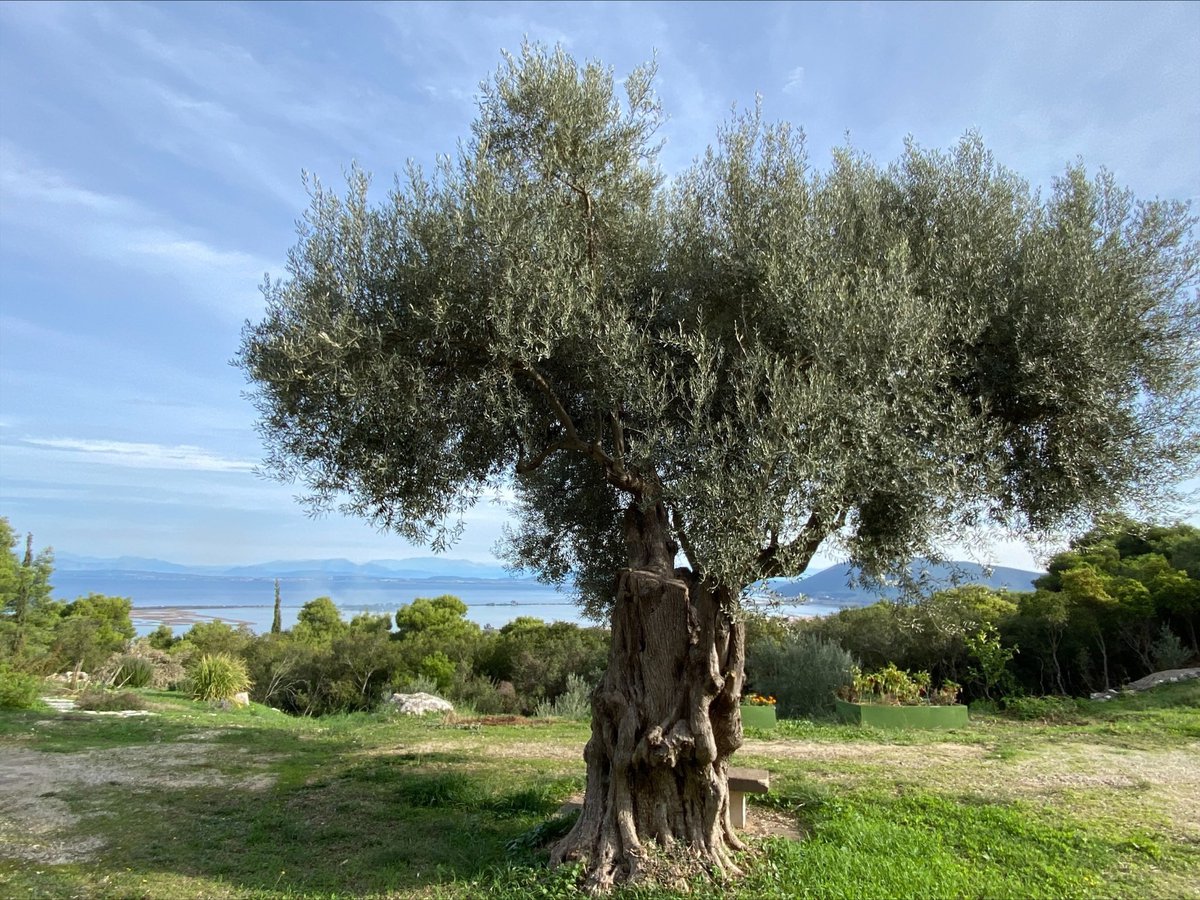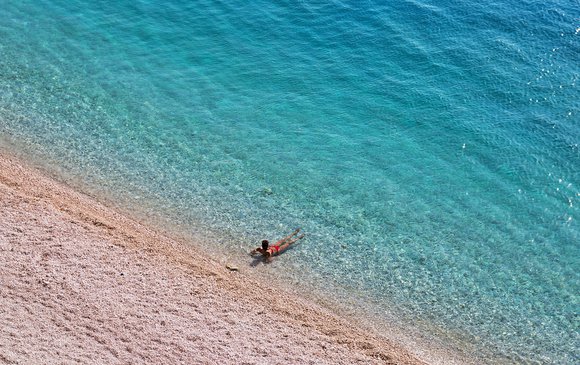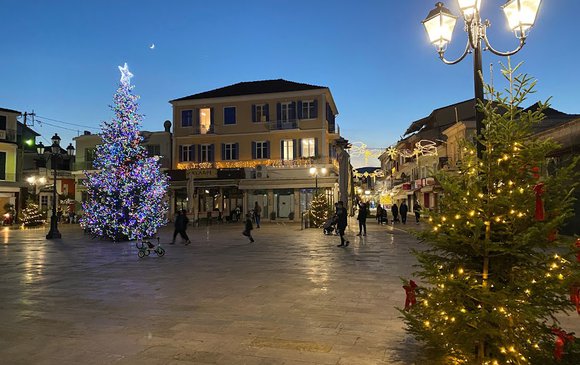Snack at olive gathering
In the old days, harvesting the olives was very tiring work. The ground beneath the trees was uneven, scattered with rocks, and fingers froze stiff when gathering the olives. Work went on all day until dark and often lasted until Easter before it was finished. In hard times they would take some bread with them, and a little jar of olive oil. When things improved they would take along a little more: salted sardines, olives, perhaps an egg or fried fish, even some savoro (a method for preserving fried fish), when there was some. It was arduous work and some nourishment was necessary, but the women were bent over double all day-they could not eat much, nor of course anything heavy for the stomach.
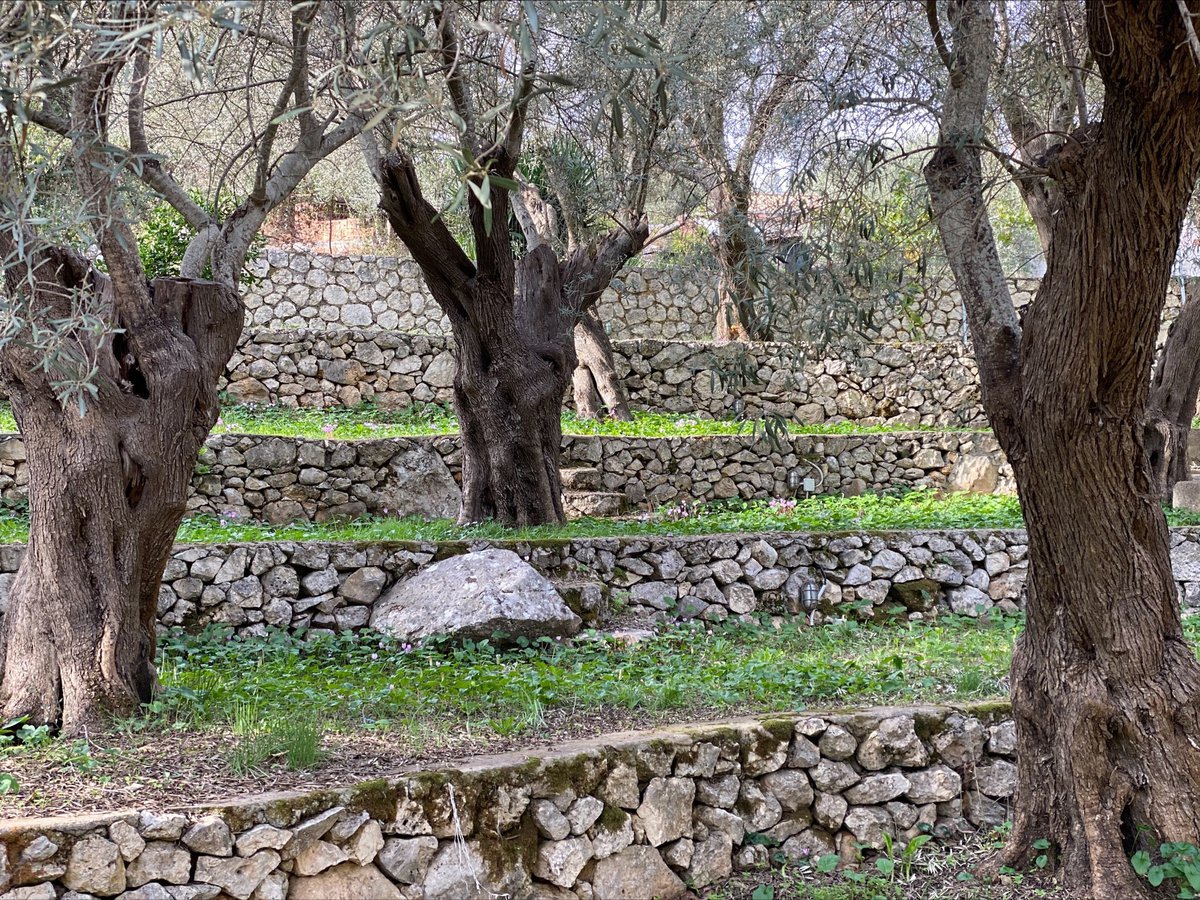
The saint's olive tree
''One could make a votive offering of the yield of an olive tree to a saint or to the Virgin Mary. It was in the olive grove, but everyone knew to whom that tree was dedicated. They collected its olives, and the oil went to the church the tree belonged to. I bought an olive grove down by the sea, and the man who sold it to me told me that this tree was Agios Taxiarchi's and that if I wanted that one too I had to ask the priest for it. So I did, I went along and paid the church what they asked and so I got that tree too. This was also the purpose of people's gift, it was for the church to benefit. It also happened that parents or relatives gave a child an olive tree that was in someone else's grove''.
Told by Rina Sklirou from Marantochori
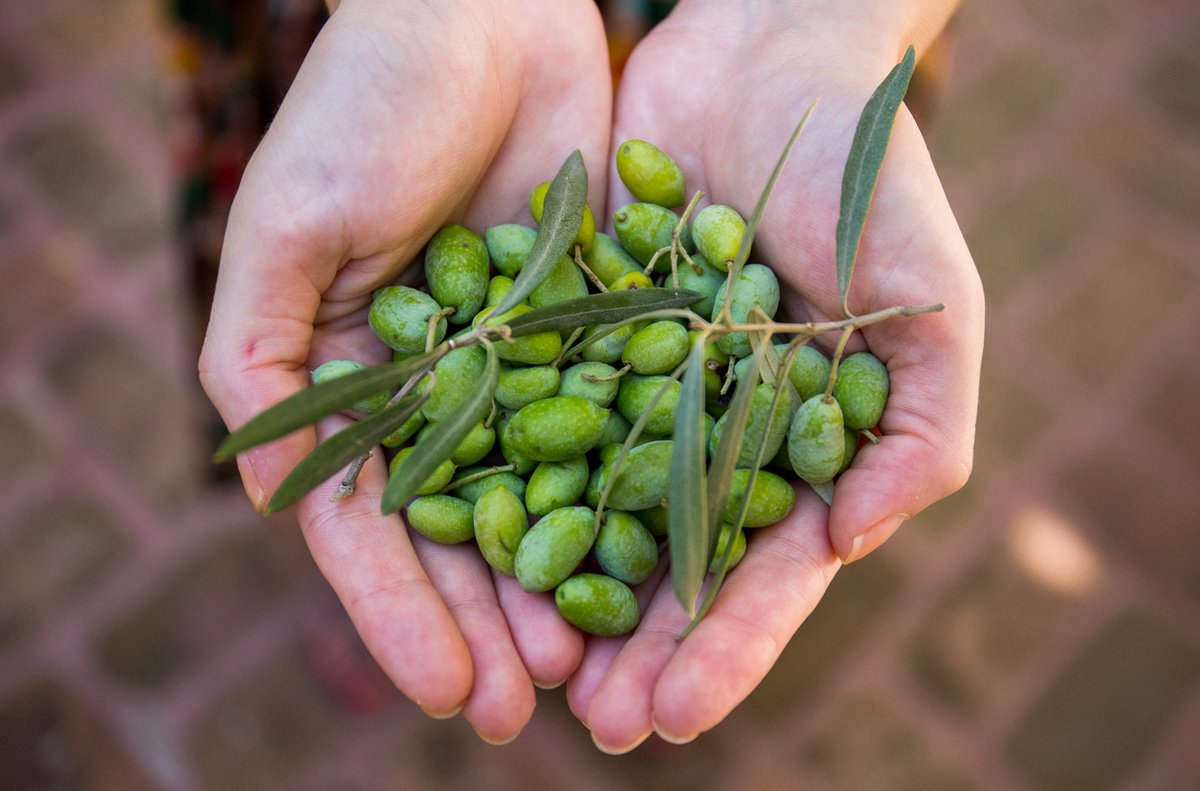
The 'sundries' of the olive tree
The whole island always had many olive trees. There are trees many hundreds of years old or more. The Venetians, who needed the oil, encouraged olive cultivation and rewarded those who grafted wild olive trees. One could graft an olive tree in another's field, and that tree belonged to him. To this day such trees exist on somebody else's land.
Kostas Palmos, Ta Meganissiotika (Concerning Meganissi),
Agrampeli Editions, Athens 1992
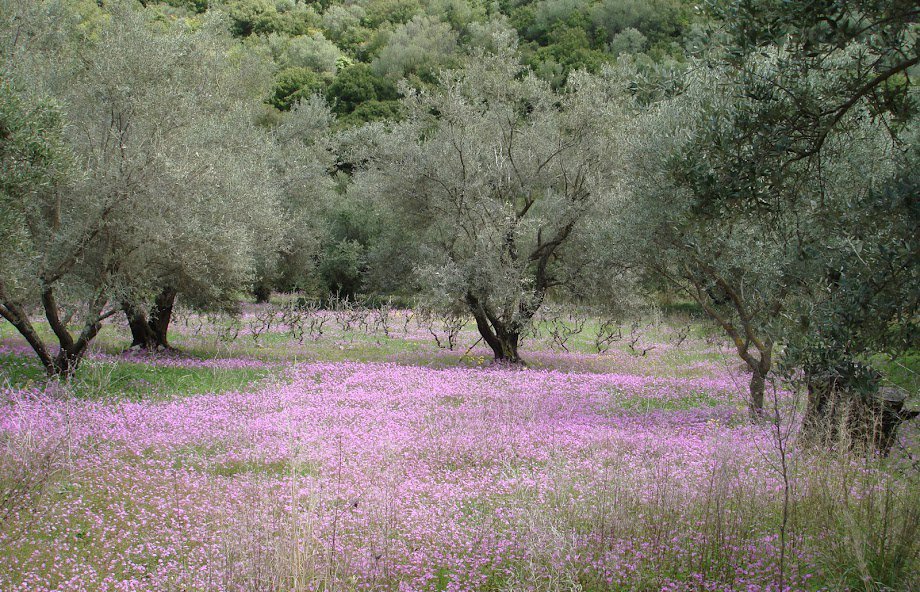
The olive press
We passed by the olive press, a dark stone building smelling from afar of olive oil dregs and which in those days was flourishing and at its peak. Horses, mules and donkeys laden with sacks and panniers full of olives waited to unload. A crowd of people came in and out of the arched doorway, and their voices, their commands to their animals mingling with the rhythmic pounding of the stone millwheel crushing the olives created a chaotic atmosphere.
Constantina Georgaki, Sora Kate,
Stokhastis Editions, Athens 2007
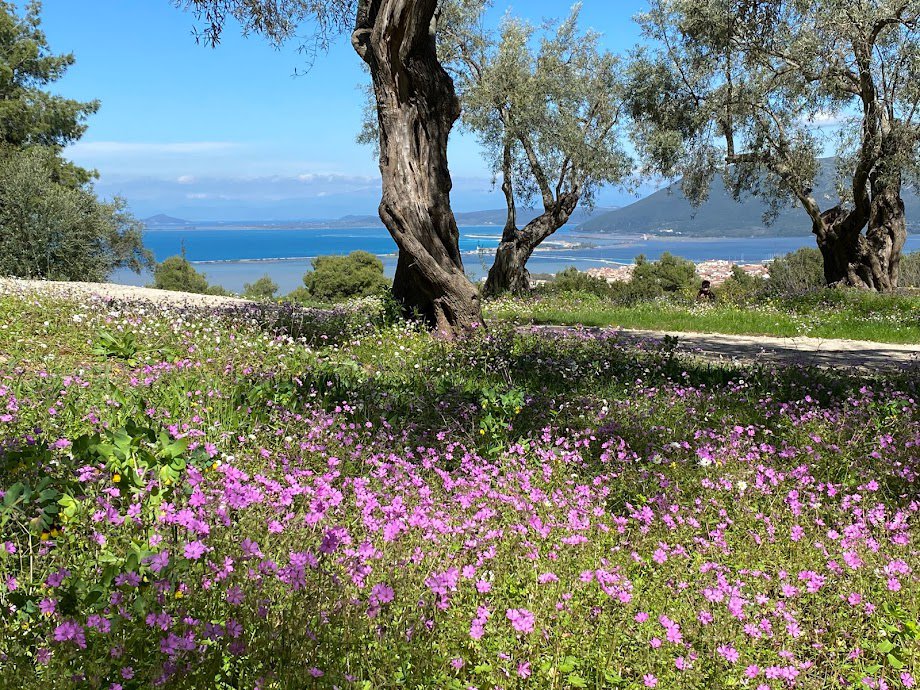
The holiday fire
When the olive oil was pressed, housewives took a little of the leavings from the pressing. They kept it for holy days when they threw a little into the fire and the oil residue gave out little flames, brightened the fire-a joy to see. It crackled, tiny joyous sounds giving a holiday atmosphere.
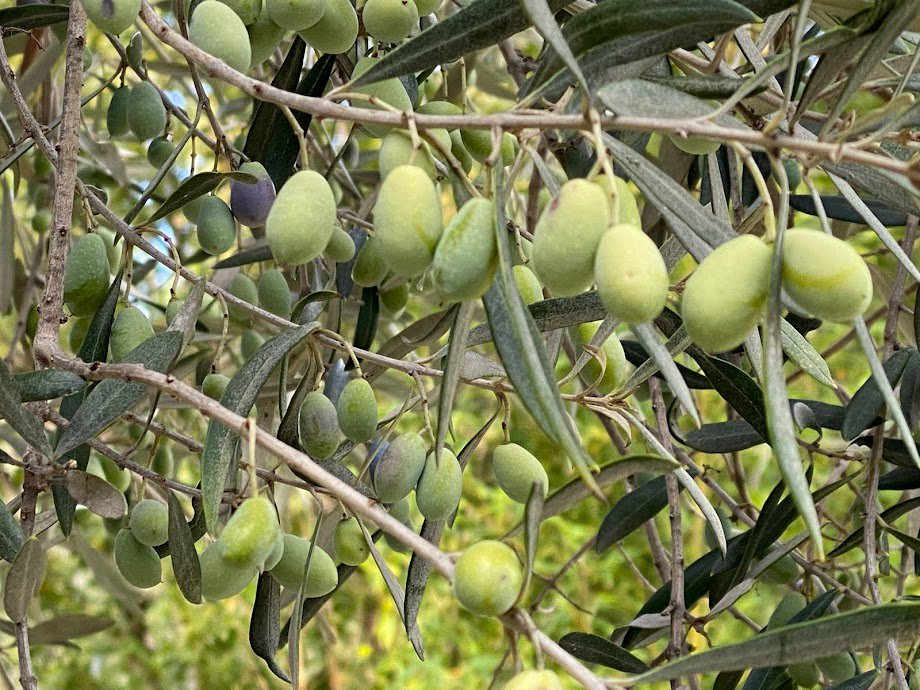
Skasolies
Arsenia Vrettou, Vafkeri
Choose small unblemished green olives and crush them with a stone. Put them in a spacious vessel with just enough water to moisten them. Add a little wood ash to speed the process. Mix well together. Let them stand for a day and then wash them thoroughly with hot water, spread them in a flat pan, dust with oregano and put them in the oven to warm. They are edible a week later. They are sweet and dry.
From the book ''The cookery of Lefkada'', Evi Voutsina, Fagottobooks editions
Photos: Andreas Thermos

